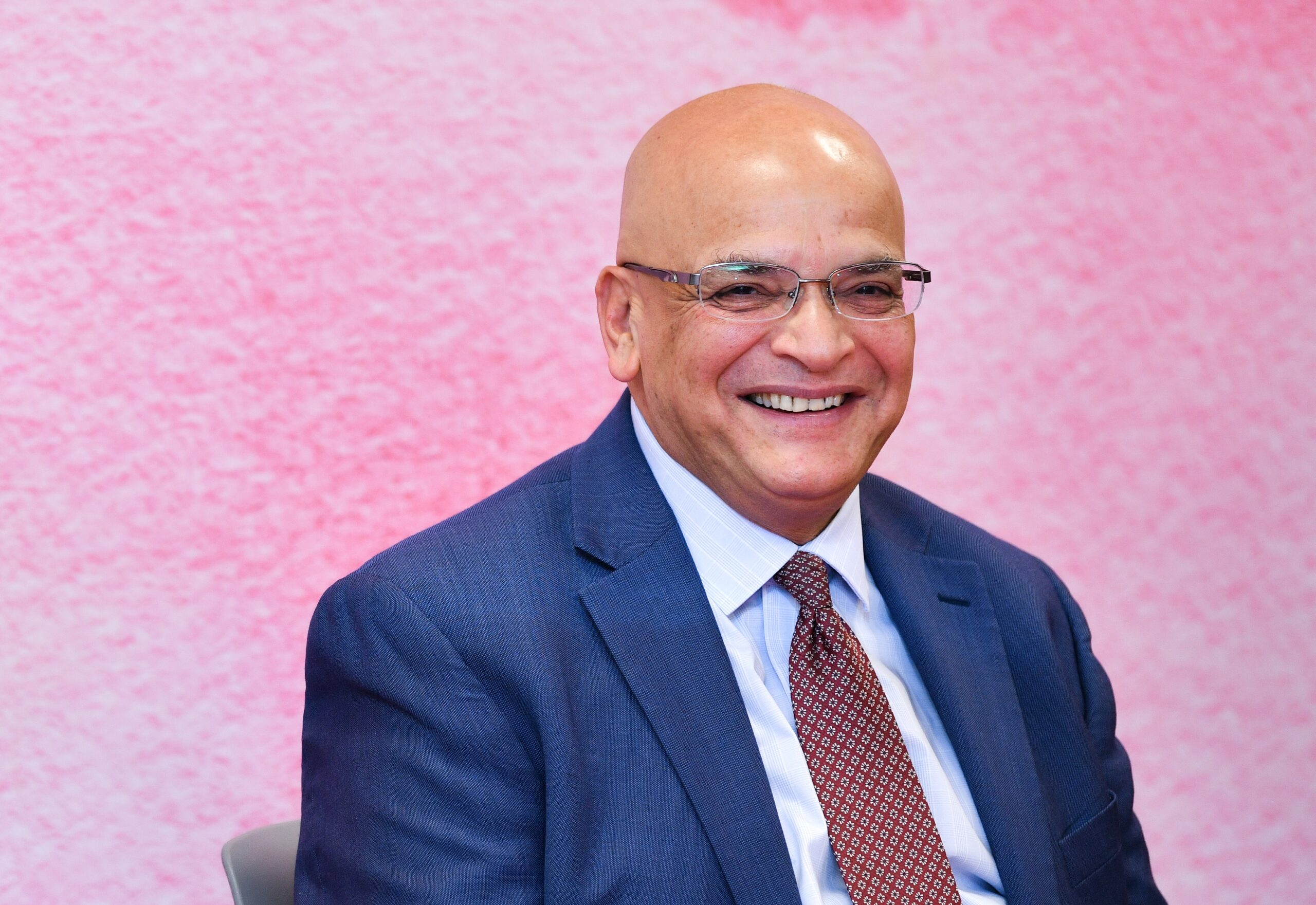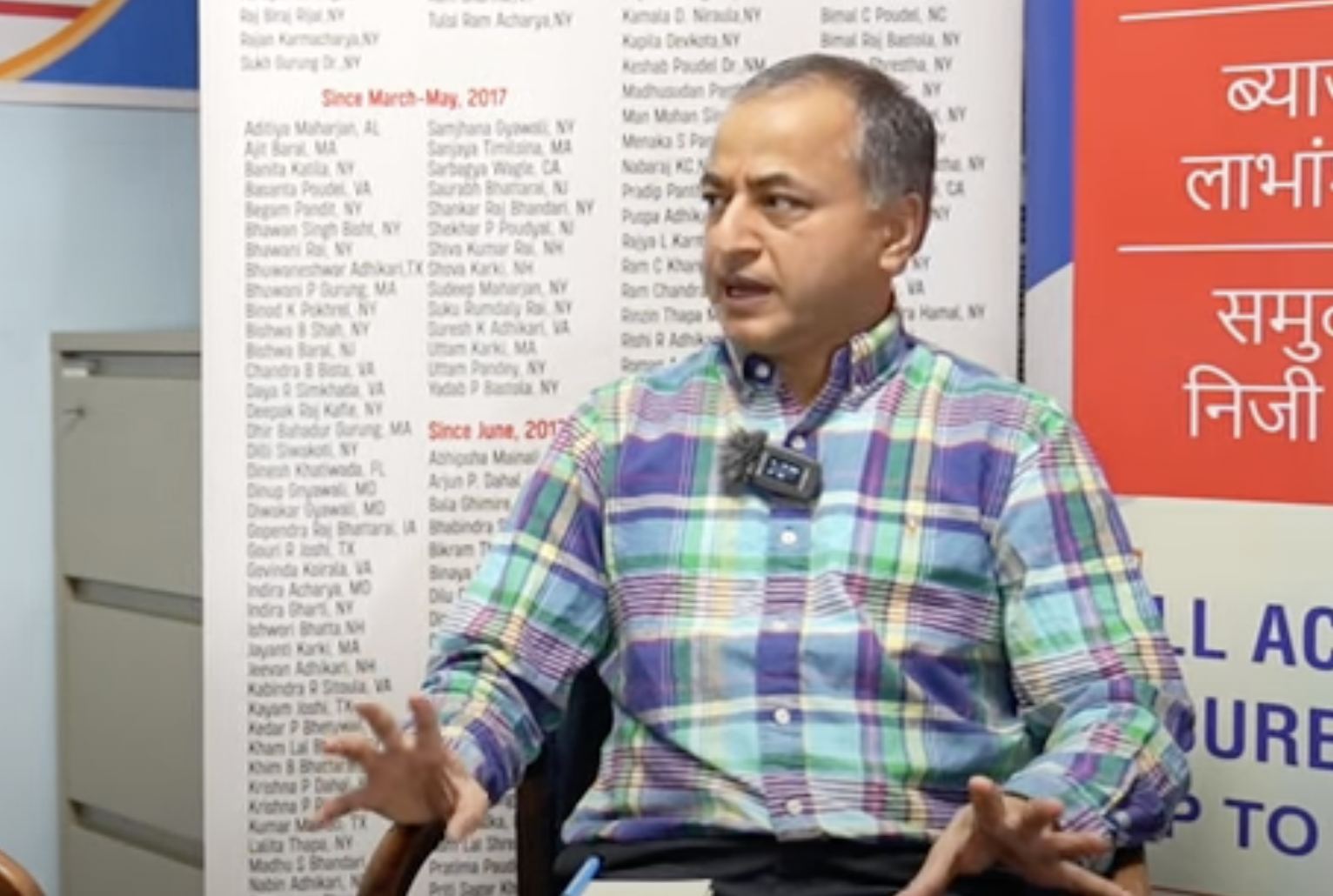The number of Nepali artists traveling to the U.S. on P-3 visas to participate in various cultural programs has surged in recent years. This increase, however, has coincided with reports that many of these performers are not fully adhering to the specific terms of their visa. The issue gained public attention after receipts, showing payments received by P-3 visa holders from unauthorized organizations or individuals, were circulated on social media. Immigration attorneys caution that artists who violate P-3 visa rules could face severe legal consequences.
A primary concern is the violation of the P-3 visa’s employer-specific nature. Immigration lawyer Keshab Raj Seadie, with nearly three decades of experience in New York, emphasized that the P-3 visa is employer-specific. Therefore, receiving payment from any individual or organization not named in the original application is considered a breach of the visa’s terms. Seadie clarified that for a P-3 visa holder to legally receive payment from a new entity, that entity must first file a new Form I-129 petition with U.S. Citizenship and Immigration Services (USCIS). Work and payment from the new source are only permissible once this petition has been officially approved.

Echoing this critical requirement, New York-based Immigration Attorney Bashu Phulara cautions P-3 nonimmigrants, particularly artists and their support personnel, regarding the strict employment regulations governing their visa status in the United States. He focuses on the severe consequences of unauthorized employment and receiving payment before obtaining formal approval.
Phulara emphasized that P-3 nonimmigrants and their essential support staff are legally tied to the specific terms of their visa petition. “P-3 nonimmigrants and their essential support personnel must strictly comply with USCIS regulations. Neither the P-3 beneficiary nor their support staff can begin working for a new or additional employer, nor receive any form of payment, until USCIS has filed and approved a separate Form I-129 petition for that employer,” Phulara stated.
He stressed that premature engagement in any work or receiving payment without this crucial approval constitutes unauthorized employment, a violation that carries significant risk to the individual’s future in the U.S.: “Working before approval is considered unauthorized employment and can jeopardize both the individual’s status and future immigration benefits.”

Phulara further clarified that the requirement to wait for formal approval is a fundamental safeguard under U.S. immigration law, designed to ensure that all nonimmigrant work aligns precisely with the terms of the approved petition. “USCIS oversight ensures that nonimmigrant employment aligns with the petition’s specific terms. For P-3 performers and their essential personnel, waiting for formal approval is more than a procedural step—it is a critical safeguard. Compliance protects immigration status, prevents potential violations, and provides legal certainty for both employer and employee under U.S. immigration law,” he clarified.
Beyond unauthorized payments, Seadie issued a strong warning against performing outside the approved itinerary. As photos and videos of Nepali artists performing at private house parties and restaurant gatherings have appeared online, the attorney stressed that artists should not perform or receive money for performances at any location or for any entity not stipulated in their original visa application. He cautioned that receiving payment for such unscheduled performances and posting about them on social media constitutes a visa violation, as P-3 holders are strictly limited to the schedule outlined in their application.
These warnings align with the regulations set by USCIS, which mandate that P-3 visa holders are only allowed to work under the conditions of the approved petition, linking them directly to the sponsoring employer or agent. This rule prevents them from working for a different entity without obtaining additional USCIS approval. An exception exists only when the original petition was filed by a U.S. agent representing both the artist and multiple employers, provided all engagements are part of an approved itinerary that was originally filed. Switching to an entirely new, unlisted employer requires the new employer to file a new I-129 petition, and work cannot commence until the petition is approved.

The context for these warnings is the dramatic rise in the use of P-category visas by Nepali artists. Data from the U.S. Department of State shows a significant increase, with 67 Nepali nationals receiving P-category visas in Fiscal Year 2024, a sharp rise from just 13 in FY 2023 and 7 in FY 2022. The P-3 category, specifically relevant to Nepali artists, is intended for individuals or groups performing, teaching, or coaching under a culturally unique program and is typically granted for up to one year.
In contrast to the P-3 visa, artists traveling on a Visitor Visa (B-1/B-2) are strictly forbidden from performing for compensation. While limited, unpaid appearances may be permitted, paid performances are a violation. U.S. Customs and Border Protection (CBP) holds the authority to deny entry to visitor visa holders suspected of planning paid shows, often scrutinizing social media activity for evidence of performance plans. Performing without a valid work visa like the P-3 can result in severe repercussions, including the revocation of the visitor visa and future visa difficulties.

P-3 visa holders must adhere to U.S. tax laws. New York CPA Biraj Rijal noted that artists performing under the P-3 visa are required to pay taxes on their U.S. income. Generally, event organizers withhold a 30% tax on the artist’s payment using Form 1042-S. The artist can then file Form 1040-NR to claim a refund for any over-withheld amount. P-3 visa holders are eligible for a Social Security Number or must obtain a Taxpayer Identification Number to file their returns. Failure to pay taxes is considered a visa violation and can complicate future travel to the U.S.
USCIS stresses that violating any term of the P-3 visa, such as working for an unauthorized entity or overstaying, carries serious penalties. A violation immediately invalidates the artist’s legal status, and they begin accruing unlawful presence. Unlawful presence can trigger re-entry bans: a three-year ban for over 180 days of unlawful presence, and a ten-year ban for one year or more. Such violations can also disqualify individuals from adjusting to Legal Permanent Resident status (a Green Card) in the future, and in the most extreme cases, can lead to deportation proceedings by Immigration and Customs Enforcement (ICE).
Support NepYork – Your Nonprofit News Media for the Nepali Community
NepYork, a 501(c)(3) nonprofit, is the Showcase of Nepalis in New York, delivering timely local news and vital resources on immigration, housing, taxes, health, business, and more. Our mission is to safeguard community journalism, amplify the voices of Nepali immigrants in NYC, and foster understanding, solidarity, and empowerment.
By donating to NepYork, you help us enhance participation in democracy, improve access to essential resources, and share authentic stories that reflect the vibrant, diverse experiences of Nepali New Yorkers. Together, we can connect, inform, and empower our community. Every contribution ensures these voices are heard and valued.
Donate today to keep Nepali stories alive and thriving in New York!




